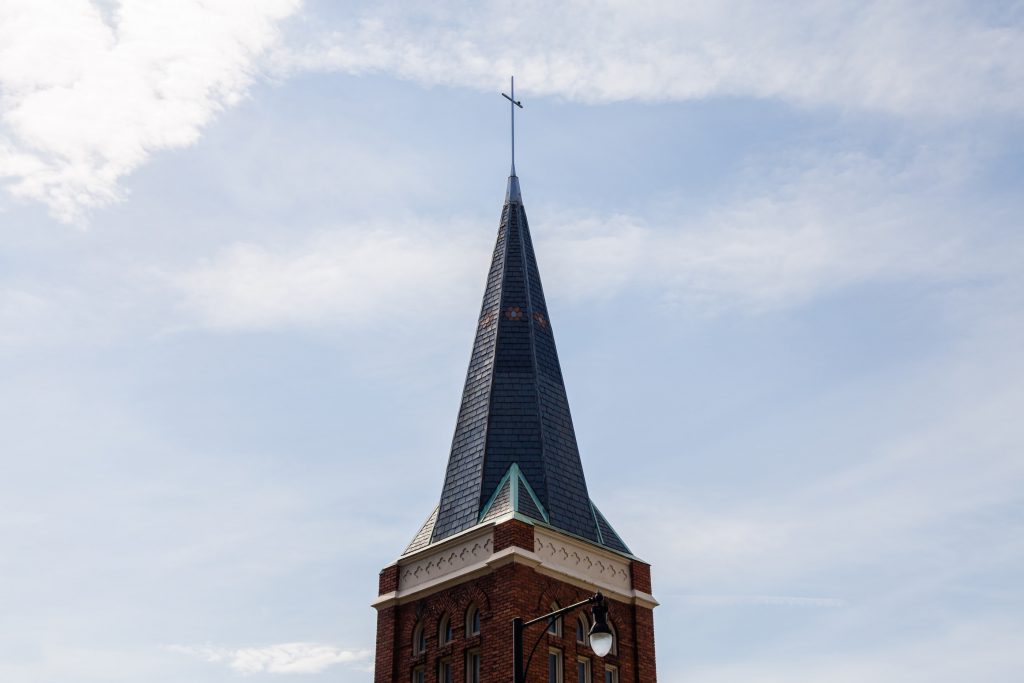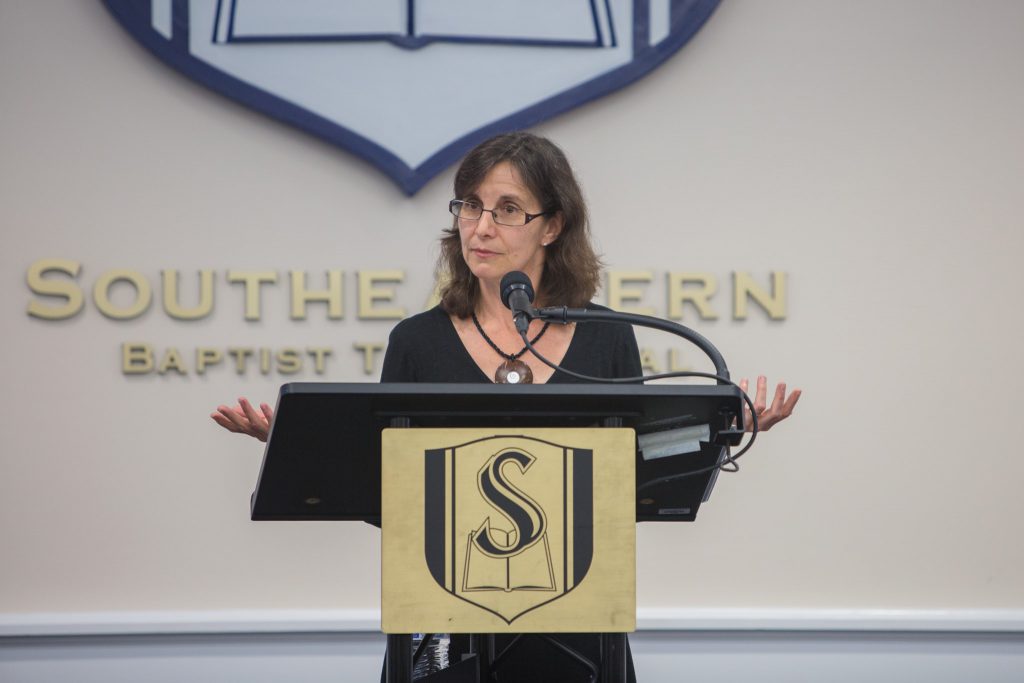As 2019 winds to a close, we published a recap of your favorite articles and the editor’s favorite articles. But we also want to pause and look back at the most popular articles of the decade.
To be honest, the title of this article is a bit disingenuous; the Intersect Project blog has been around for about half of the decade. But in that time, we’ve aimed to help you connect faith with the rest of your life.
Without further ado, here are the top 10 Intersect articles:

1.What Would Really Happen if We Defunded Planned Parenthood and Ended Abortion?
We pray the unjust, wicked, cruel practice of abortion will end. And when it does, we pray Christians will put our pro-life beliefs into action by supporting expectant mothers, pursuing adoption, and serving in foster care. Ashley Gorman powerfully communicated these truths in this article which is Intersect’s most read article of the decade. Here’s an excerpt:
The goal of a pro-lifer is to give a chance to an unborn baby to be welcomed in the world. The goal of a Christian is for an unborn baby to be welcomed in a home — whether that’s the home of a supported and mentored mother or an adoptive parent.

2. Was Jesus Rich or Poor — and Why Does It Matter?
At its outset, Intersect focused narrowly on faith, work and economics. This article from Dr. David W. Jones answers an important question about Jesus’ wealth, and it draws dozens of readers every day. He writes,
It is telling to note that Christ never condemned wealth or poverty itself; rather, he confronted sins that often led to wealth or poverty—sins including greed, pride, laziness, injustice and theft, among others.
![Christopher Michel [CC BY 2.0 (http://creativecommons.org/licenses/by/2.0)], via Wikimedia Commons](https://intersectproject.org/wp-content/uploads/2016/03/Cuba-marxist-socialism-1024x682.jpg)
3. The Problems with Marxist Socialism
In the past four years, socialism has become an increasingly popular concept. Dr. Bruce Ashford’s succinct yet important article is more important now more than ever. He writes,
[Marx’s] remedies are worse than the social illness he diagnosed. His remedy leads to a loss of liberty (via the abolishment of private property), an impulse toward authoritarianism, and a disincentivizing of work. Marx may have had good intentions, but Marxism proliferates problems rather than solving them.
![Giovanni Lanfranco [Public domain], via Wikimedia Commons](https://intersectproject.org/wp-content/uploads/2016/02/Giovanni-Lanfranco-Miracle-of-the-Bread-and-Fish-WGA12454.jpg)
4. What Did Jesus Really Teach about Wealth and Poverty?
This article answers another age-old question that’s particularly important in light of the increasing popularity of the prosperity gospel. Dr. David W. Jones writes,
Believers need to be on guard against the temptations of material wealth. This emphasis complements the notion of caring for the poor, for if wealth is not idolized, then ministering to the needy becomes a natural application of right stewardship.

5. Why Do We Go to Church?
Nicholas Dawson served with the the L. Russ Bush Center for Faith and Culture’s Mentorship Program. His helpful take on the centrality of the local church continues to be widely read. He writes,
we gather because God has united us. We gather because we live life together in being effective witnesses to our local communities. We gather because the diversity of the local church should mirror heaven to a dying, lost and sinful world. Christians are made to gather.

6. “Homosexuality Is a Sin to Be Mortified, Not a Behavior to Be Modified”: Rosaria Butterfield on Sexual Orientation
Rosaria Butterfield is a brilliant writer and communicator, and she has a remarkable testimony: “As a leftist lesbian professor, I despised Christians… Then I somehow became one.” In this video, she discusses the topic of homosexuality with truth and grace. Here’s an excerpt:
Natural revelation exposed my sin, but God understood that there is a difference between the diagnosis and the cure. Natural revelation portrays God’s diagnosis, but only in the gospel did I find the cure.

7. To Tithe or Not to Tithe? A New Testament Guide to Generous Giving
Should you tithe or not? Dr. David W. Jones takes us through the New Testament with a helpful guide to generosity. He writes,
A heart dedicated to Christ cannot help but be generous toward God and his people, often (if not usually) leading us to voluntarily give far more than what was required under the Old Testament tithing regulations.

8. Christian, Take Care of Your Body
Jeremy Bell is a doctoral student at Southeastern Seminary and a pastor. In this widely read article, he exhorts us to care for our bodies:
We preach to the culture around us that we have self-control to refrain from the passions and desires of our flesh, but too many of us make an exception for self-control in the area of physical health.

9. Should Women Be Seminary Professors?
Southeastern Seminary alumna Meredith Cook tackles this question with clarity and charity. Here’s an excerpt:
The professor and pastor are different roles, and have different responsibilities with different ecclesial authority. A seminary does not take the place of the local church. In fact, it exists to serve the local church.

10. Parents, Stop Idolizing Your Children
Children are a good thing, but they are not an ultimate thing. Jeremy Bell explains in this article, the 10th most read of the decade. He writes:
Parents who idolize their children are unable to say the word, “No.” Instead, they sacrifice everything at the altar of their children.
Which article was your favorite, and why? Tell us about it in the comments.





No comments have been added.